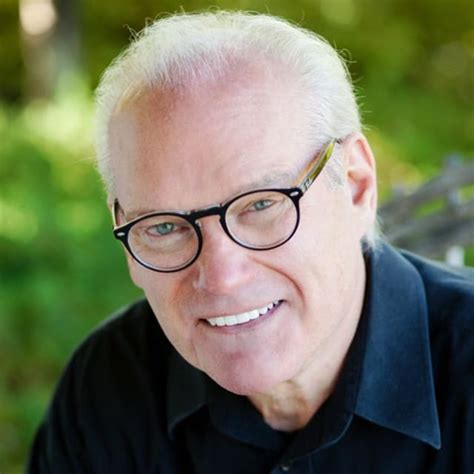A Quote by Jay McInerney
I envy those writers who outline their novels, who know where they're going. But I find writing is a process of discovery.
Related Quotes
I think it's dangerous to think you know what you're writing. I usually don't know, and usually I just discover it in the course of writing. I envy those writers who can outline a beginning, a middle, and end. Fitzgerald supposedly did it. John Irving does. Bret Easton Ellis does. But for me, the writing itself is the process of discovery. I can't see all that far ahead.
The process of writing fiction is totally unconscious. It comes from what you are learning, as you live, from within. For me, all writing is a process of discovery. We are looking for the meaning of life. No matter where you are, there are conflicts and dramas everywhere. It is the process of what it means to be a human being; how you react and are reacted upon, these inward and outer pressures. If you are writing with a direct cause in mind, you are writing propaganda. It's fatal for a fiction writer.
For me writing is a long, hard, painful process, but it is addictive, a pleasure that I seek out actively. My advice to young writers is this: Read a lot. Read to find out what past writers have done. Then write about what you know. Write about your school, your class, about your teachers, your family. That's what I did. Each writer must find his or her own kind of voice. Finally, you have to keep on writing.
The recording process was basically me meeting with different writers, going into their studio, starting a song and just hanging out and chatting and getting to know how they work. Everybody has a different writing process so there was a lot of getting to know people, which can be fun and stressful at the same time.






































